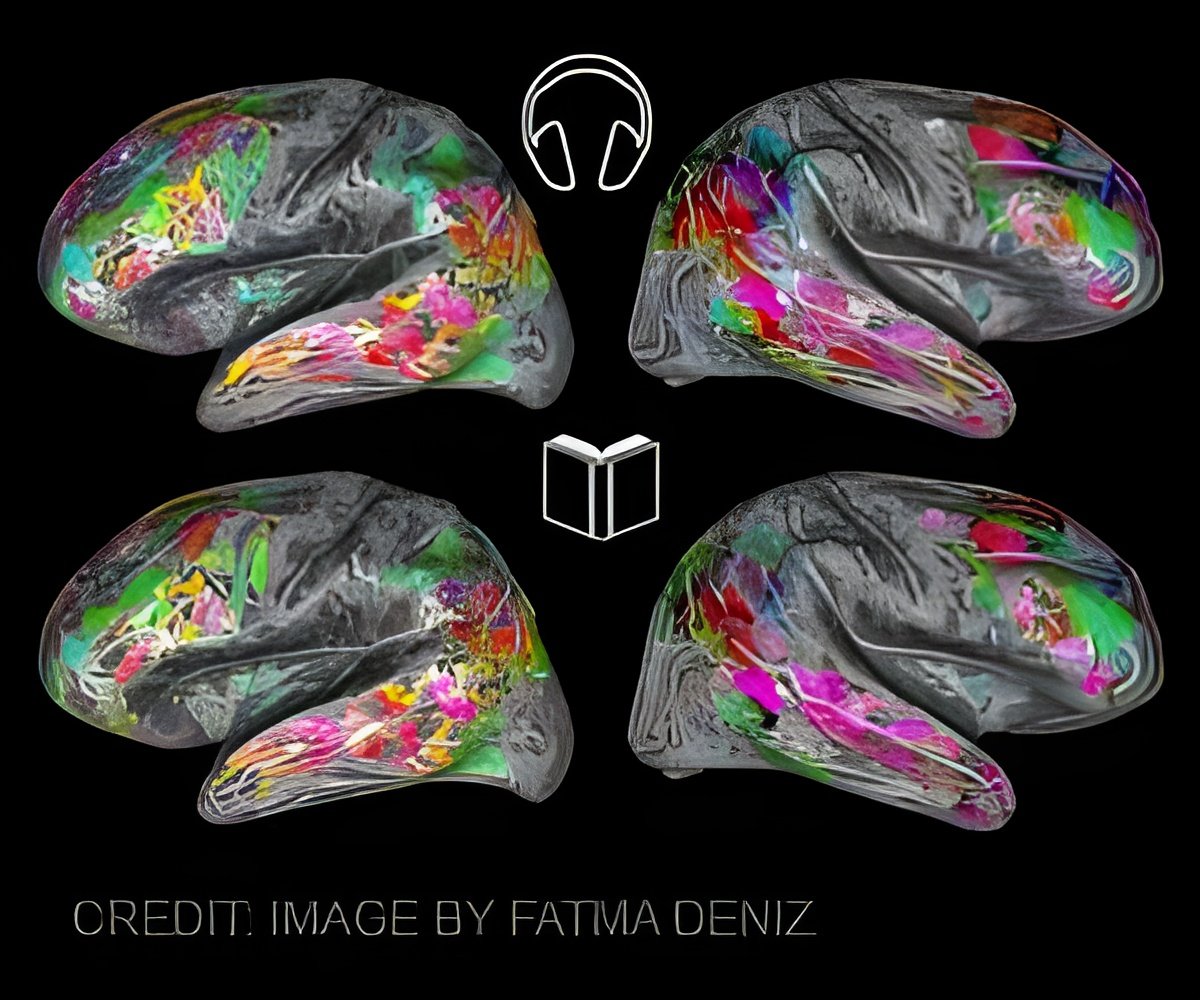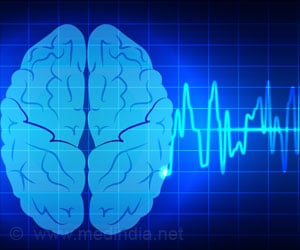Strong neural activity in the hippocampus associated with repeated words, but not novel words, was deemed evidence of activity related to episodic memory.

TOP INSIGHT
Scientific evidence shows that hippocampus neurons are responsible to store episodic memory.
"Scientists are interested in these issues not only because of their implications for models of memory, but also for health-related reasons," said first author John Wixted, PhD, Distinguished Professor in the Department of Psychology at UC San Diego.
"For example, degeneration in this region of the brain is responsible for memory loss in the early stages of Alzheimer’s disease."
Wixted, with Larry Squire, PhD, Distinguished Professor of Psychiatry, Neurosciences and Psychology in UC San Diego School of Medicine, and colleagues studied brain function in 20 epileptic patients undergoing intracranial monitoring for clinical purposes.
Specifically, they recorded single-neuron activity as study participants read a continuous stream of words, some of which were repeated. Participants were asked to indicate whether the words were "new" or "old" if they recalled seeing the word earlier.
The scientists found that individual episodic memories are encoded and represented by the strong activity of small (fewer than 2.5 percent) and usually non-overlapping sets of hippocampal neurons, a finding that perhaps helps explain why past research efforts have struggled to detect the process.
The research team also looked for related activity in the amygdala, a nearby brain region associated with emotion and emotional memory. Models do not predict episodic memories are encoded in the amygdala by sparse sets of neurons as they are in the hippocampus, and, indeed, the scientists found no such activity there.
"If treatments and preventions are to be developed for memory problems, and for diseases that affect memory, it will be important to know how the brain accomplishes learning and memory: What brain structures are important for memory and what jobs do they do? In our study, we found what would have been easily missed were it not for theoretical models of memory that had been developed earlier."
Source-Eurekalert
 MEDINDIA
MEDINDIA




 Email
Email








